
Overcoming A Section 103 Rejection From The USPTO
One of the threshold hurdles inventors must clear to receive a patent is that their idea or invention must be “nonobvious.” If you received a Section 103 rejection USPTO letter, the patent examiner believes one or more of your claims was an obvious variation of a prior work. This type of statutory rejection is,...

Patent Assignments: Everything You Need to Know
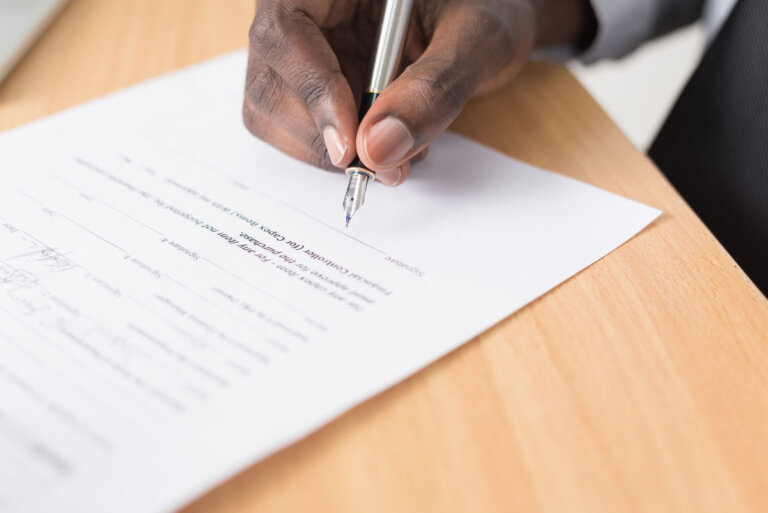
Overcoming Section 102 Patent Rejections Due To Novelty Standards

Overcoming Section 101 Subject Matter Eligibility Rejections

The Guide: Patenting Dental Implants
td {padding:10px;border:1px solid black;}td img {margin:0 auto;display:block;}
Dental professionals understand that dental implants are essential for patients who have lost teeth due to injury, decay, or other reasons. They provide a permanent solution to restore a patient's smile and improve their quality of life. However, developing a new dental...

Next Patent Steps To Consider After A Notice Of Allowance
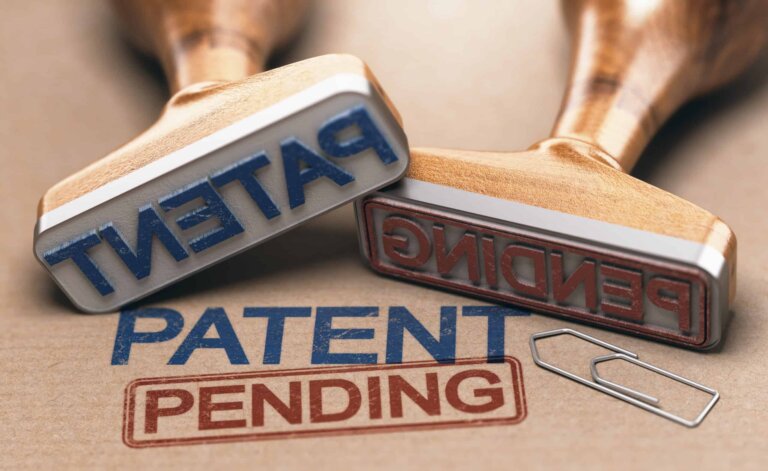
How Do You Draft A Patent Abstract?

Inventors Ask: What Can Be Patented?

Creators Ask: Can I Trademark My Canva Logo?

Creators Ask: How Can I Get A Patent For My Clothing Line?

FAQ: How Do Patents Work Internationally?
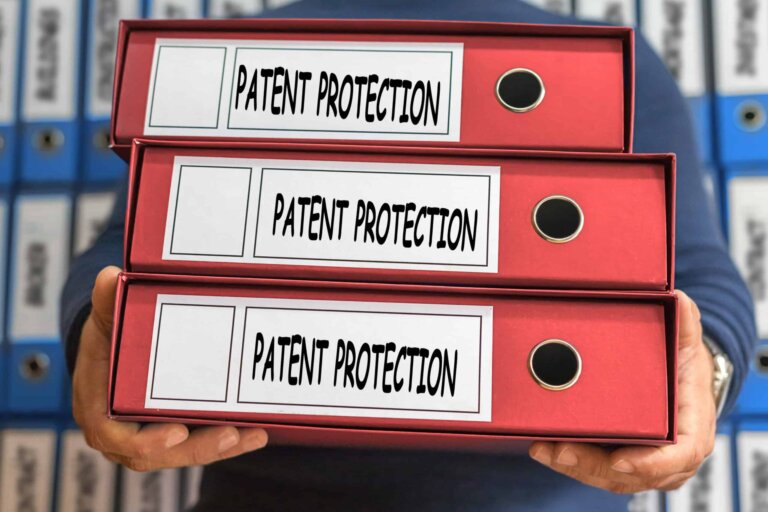
FAQ: Does My Invention Qualify for US Patent Protection?

FAQ: How Do US Trademarks Work Internationally?

FAQ: What’s the Difference Between Copyrights and Patents?
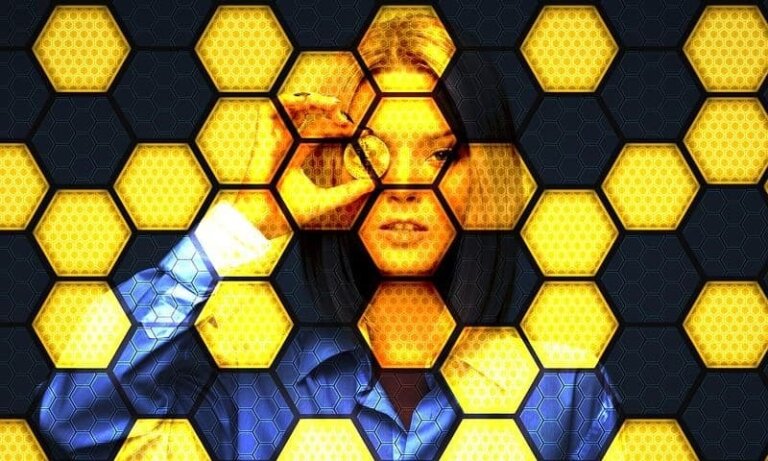
FAQ: Can You Patent NFTs?
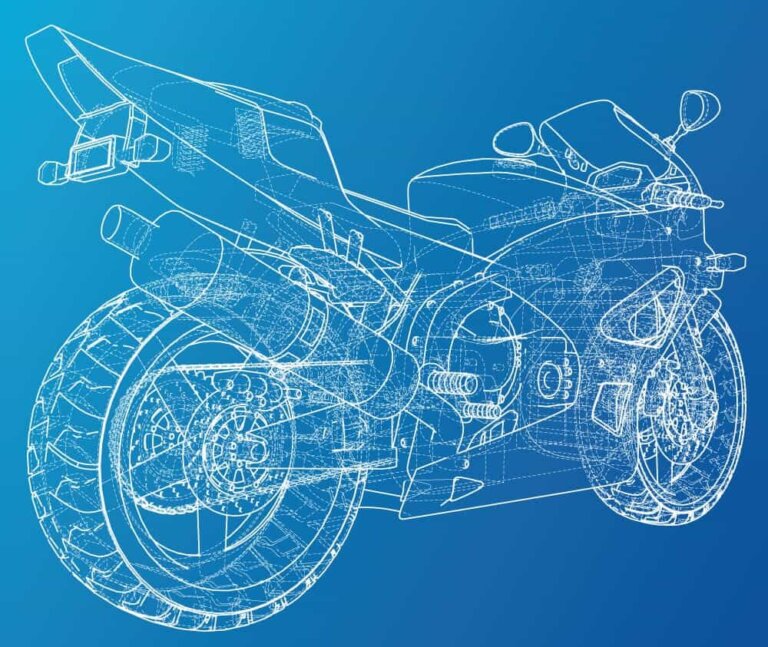
FAQ: When Can I Put “Patent Pending” on My Invention?

FAQ: Patent Agents vs. Patent Attorneys—What’s the Difference?
Let me just start this article by saying “I love you” to any of you patent agents that are reading this. This article is not meant to be a jab at you in any way, nor will I intentionally disparage you in any way. In fact, we have patent agents on our...

FAQ: What is Trade Dress?
Trade dress is an area of trademark law that is often overlooked. Many business owners and entrepreneurs are familiar with copyrights and trademarks, but very few realize how valuable a trade dress can be in terms of protecting and defining their brand.
Trade dress capitalizes on the...
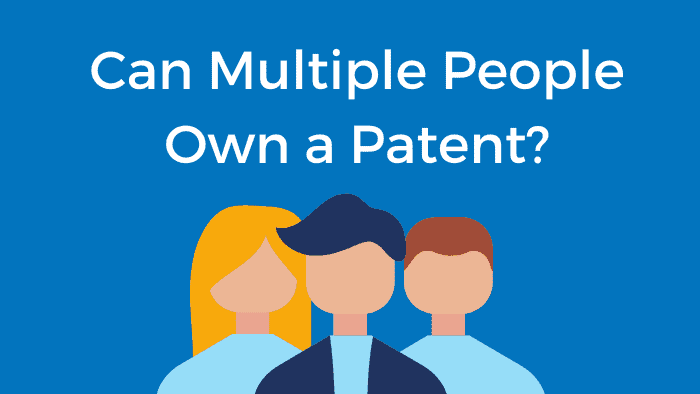
FAQ: Can Multiple People Own a Patent?
The short answer is, YES!
But, there are nuances. I know, a classic, “yes, but”...
In this article, I’ll explain as clearly as I can, the different ways in which people can have an ownership interest in a patent asset, and more importantly clear up...
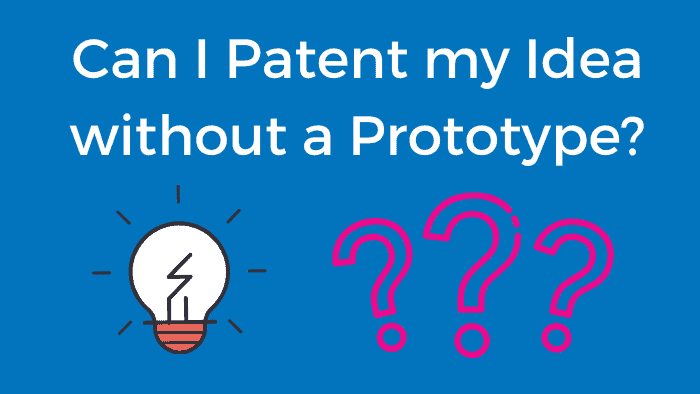
FAQ: Can I Patent an Idea Without a Prototype?
Prototypes are not required as you begin your patent protection strategy. All that is required in order to achieve patent-pending status is a fully enabled written specification with drawings. This is typically achieved through filing a provisional patent application.
A better way to ask that question is; “Can...